
عن ذكريات المراهقة في حي عين شمس، يكتب ميسره الدندراوي بلغة مرهفة؛ عصير القصب والدراسة الجامعية والحب الأول.
16 FEBRUARY 2026 • By ميسرة الدندراوي
مجموعة من الأصدقاء في رحلة قصيرة إلى السيد البدوي، ليس بغرض طلب شيء منه كما يفعل الناس عادة،...
16 FEBRUARY 2026 • By مالك رابح
سطور وأفكار ومشاعر عن فلسطين؛ دليل إلى التحرير، وأنا صاحبها، عن الانتقام وجثة العالم، يكتب الشاعر إبراهيم المصري...
9 FEBRUARY 2026 • By إبراهيم المصري
يمر سلامة بتجربة غير عادية بالنسبة إلى رجل بالغ، مع ذلك، يشعر ويتصرف بما يتوافق مع التجربة ذاتها...
9 FEBRUARY 2026 • By محمد عبد النبي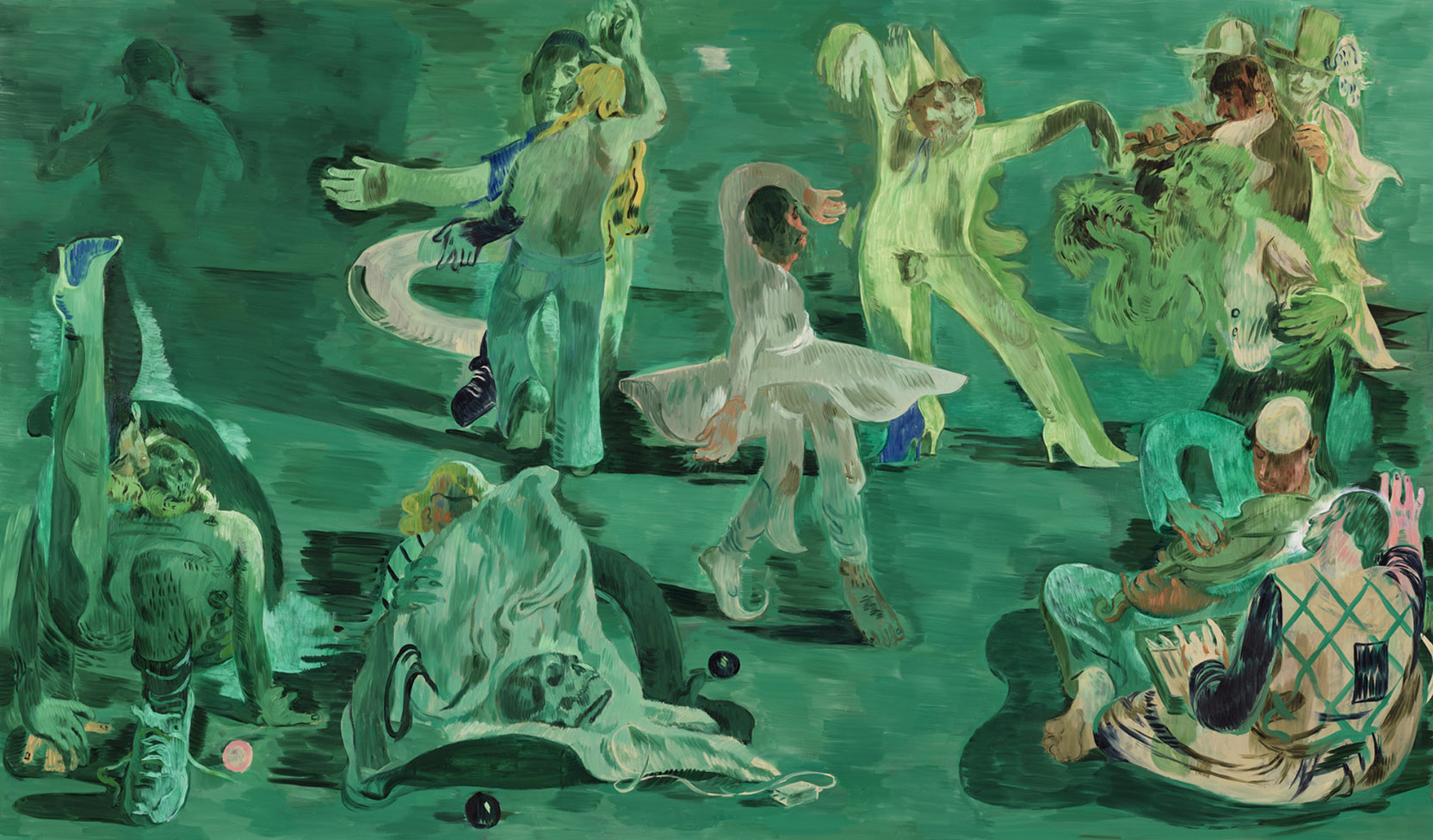
In this tragicomic debut novel, a queer Palestinian refugee prepares to come out during his extravagant birthday dinner...
6 FEBRUARY 2026 • By Ziyad Saadiمن أحدث كتب محمد سمير ندا، نصوص بديعة تتأمل نظرته إلى الأشياء حوله، وعلاقتها بأبيه.
2 FEBRUARY 2026 • By محمد سمير ندا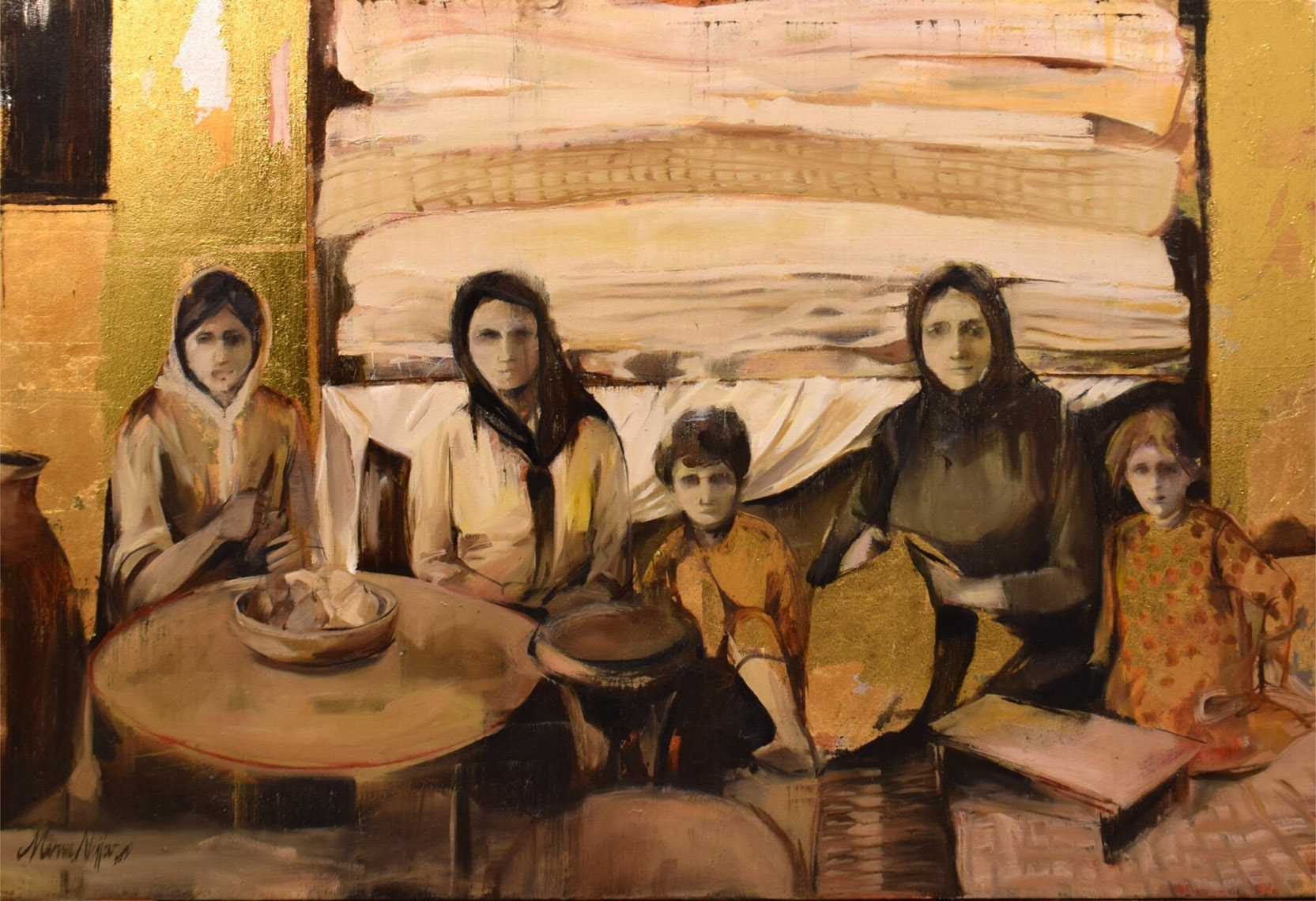
Danger looms over this story, set in pre-Nakba Palestine, as a mother, distrustful of a foreigner's presence, tends...
30 JANUARY 2026 • By Sahar Mustafah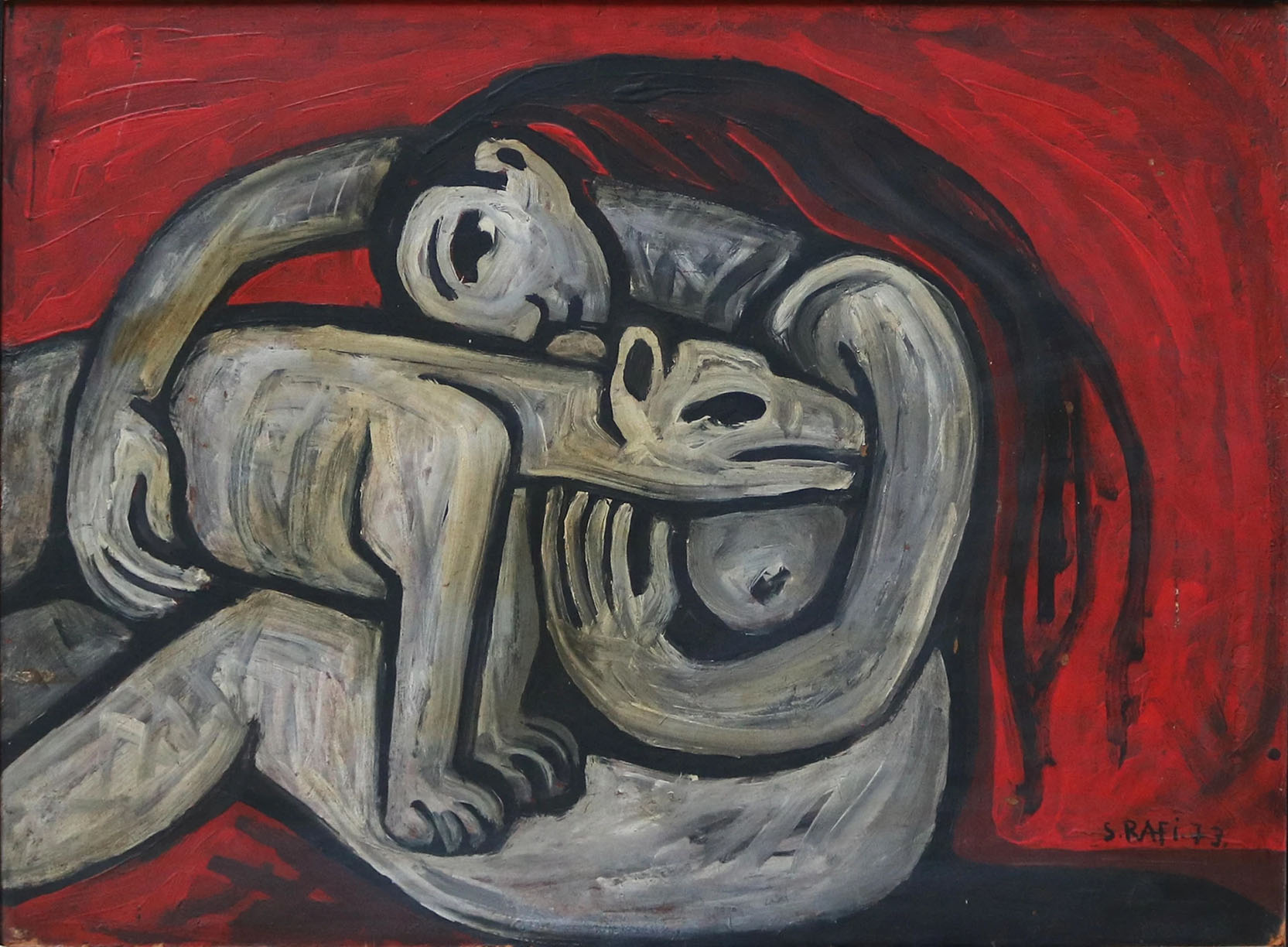
يفقد الأب حيوانه الأليف القريب، فنتعرف على مدى ذلك القرب الذي يتجاوز المعتاد، قصة قصيرة رائعة لأحمد فؤاد...
26 JANUARY 2026 • By أحمد فؤاد الدين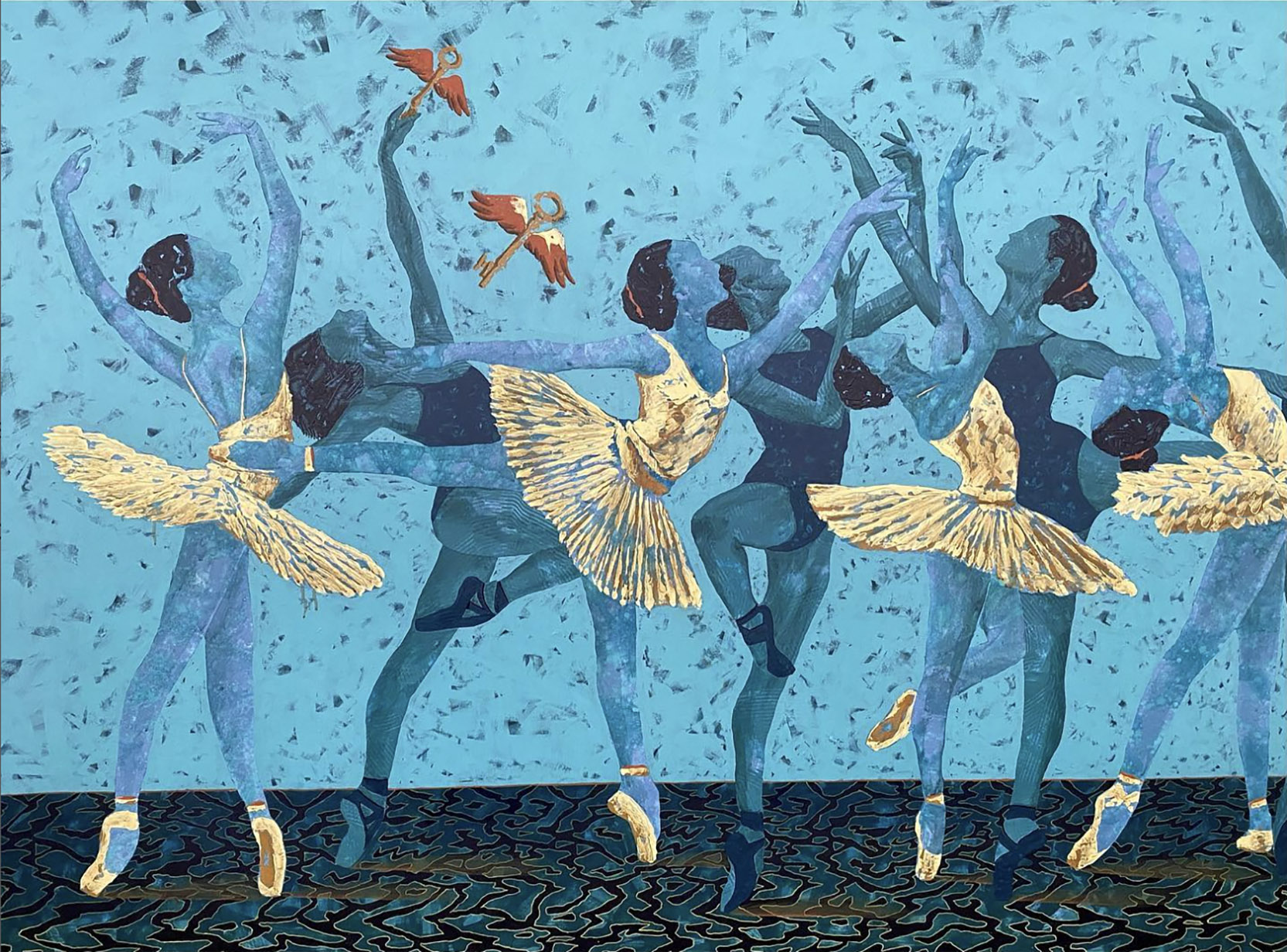
في قصة قصيرة جديدة لسهيلة رمضان، نرى أحلام تندمج في تأملات أدبية ووجودية، إلى أن تختفي تمامًا.
19 JANUARY 2026 • By سهيلة رمضان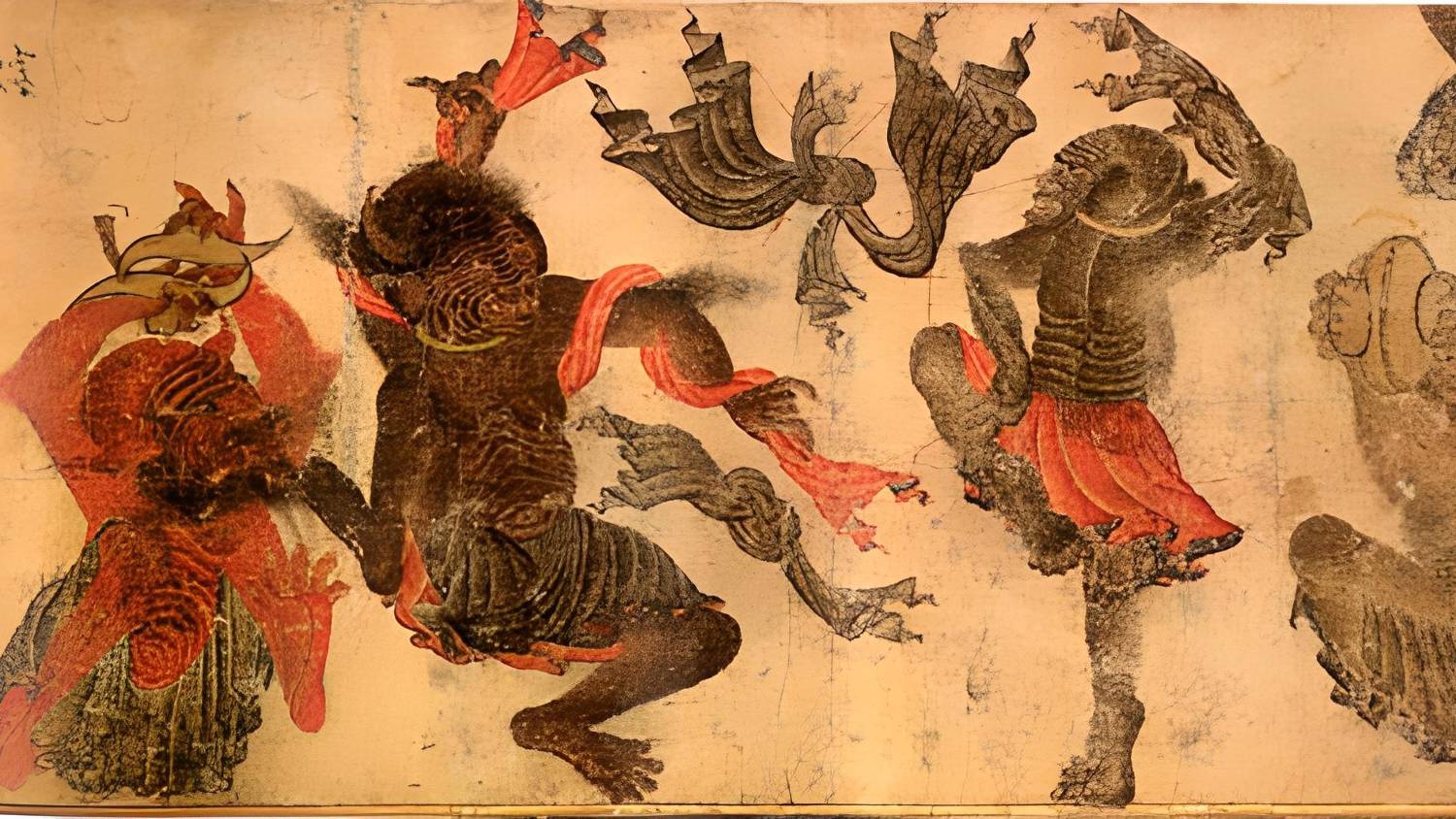
رواية تاريخية عن أمية بن أبي السلط، الشخصية المعروفة بين العرب، حيث يحظى باحترام كبير ويعامل كنبي، ولكن...
19 JANUARY 2026 • By محمد يحيى
عند أحد الحواجز تتلاشى الأمنيات والأحلام، تكتب ابتسام عازم قصة قصيرة عن الواقع اليومي المعاش في الداخل الفلسطيني،...
12 JANUARY 2026 • By ابتسام عازم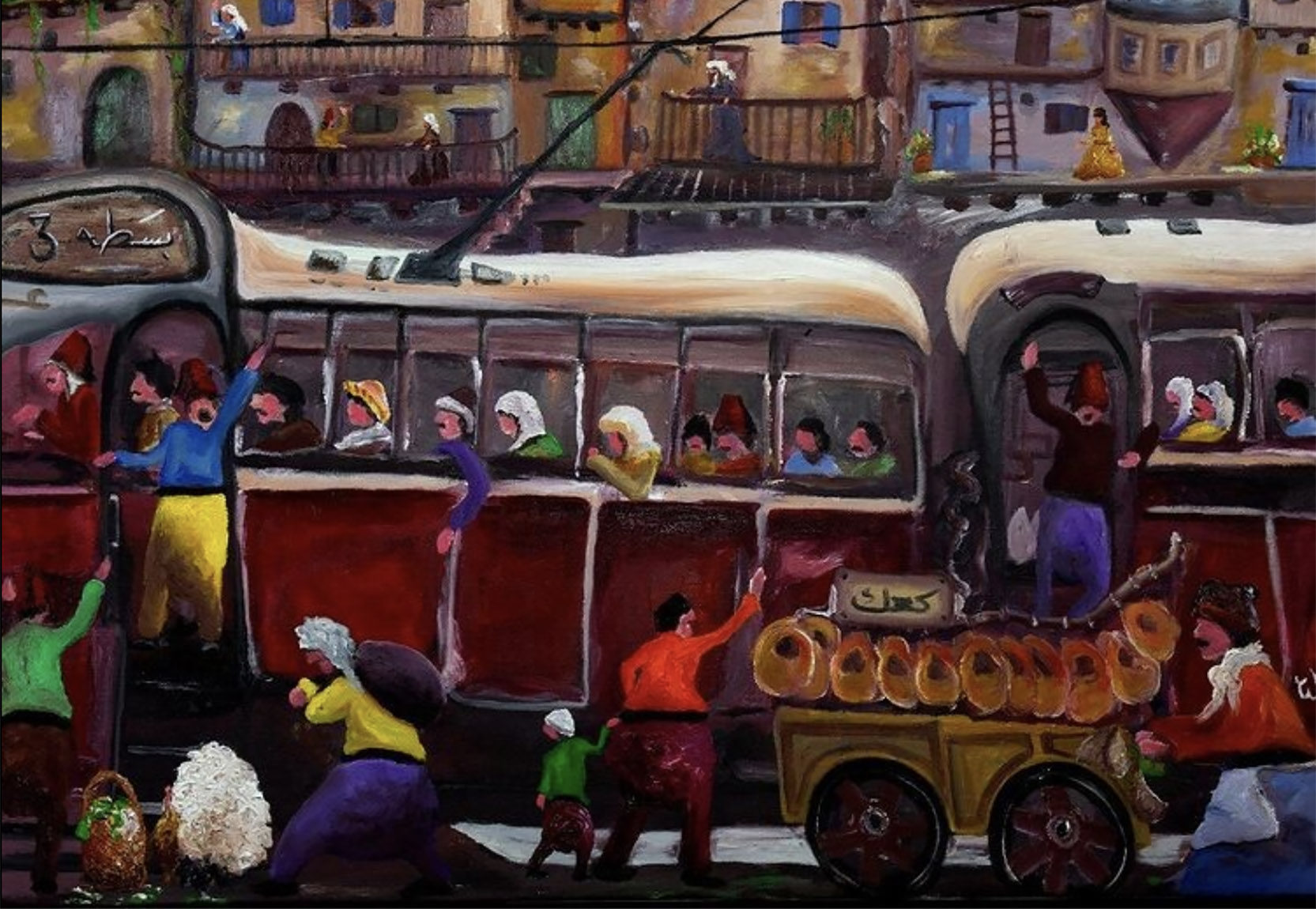
وصف تفصيلي للمصابين في حادث حافلة، حيث نشاهد كل مصاب يتذكر ويتأمل حياته وما يشغله في لحظات قصيرة،...
12 JANUARY 2026 • By أسامة زيد